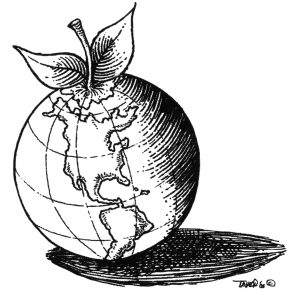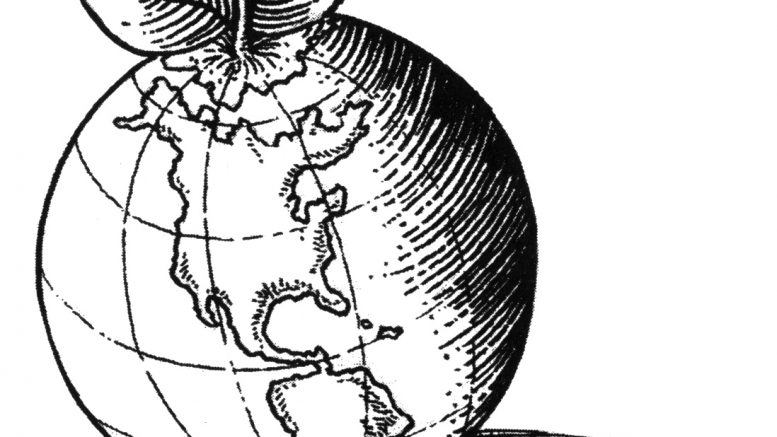
By Julia Conley
Common Dreams (2/2/18)
Nearly four people per week were killed in 2017 while defending their land and the environment from what environmental and human rights group Global Witness calls “the ruthless scramble for natural wealth.”
A new analysis by the group counted 197 victims of the quest by miners, poachers, and agribusiness to take control of land around the world in order to sell natural resources—but believes many more deaths have likely gone unreported.
“Until companies, investors, and governments genuinely include communities in decisions around the use of their land and natural resources, the people who dare to speak out will continue to face violence, imprisonment, and loss of life,” said Rachel Cox, a campaigner for Global Witness.
Agribusiness overtook mining as the industry linked to the most killings, according to the report, as demand for soy, meat, sugarcane, and palm oil grows around the world.
Latin America saw the most eco-defenders killed last year, with 46 people killed in Brazil and 32 in Colombia alone. In September, six farmers were killed in Peru by a criminal gang that had tried to seize their land for use in the palm oil trade.
Other notable examples of deadly fights over resources include the deaths of a Turkish couple who were shot to death in their home after winning a legal battle over the extraction of marble from a quarry, and an Indian family that was killed for protesting the use of sand from a riverbank in their village—sought by developers who wanted to use it for construction projects.
In its report, Global Witness stressed the importance of accounting for the deaths of every environmental defender. While the number of killings in 2017 is four times that which was first recorded by the group in 2002, eco-defenders’ deaths have leveled off for the first time in four years.
“As the international community sits up and listens to these hidden stories, there is a momentum for renewed pressure on companies and investors to take more responsibility and further scrutinize governments who have allowed those who kill to get away with it,” wrote Cox.
“By putting these killings on the map, and campaigning for governments, companies, and investors to safeguard and consult communities affected by projects on their land, we hope that our work helps to end levels of impunity that have emboldened the perpetrators of violence and in most cases, allowed them to literally get away with murder.”
(This work is licensed under a Creative Commons Attribution-Share Alike 3.0 License.)
*****
Conservationist Known For Exposing Ivory & Rhino Trade Stabbed To Death
By Willa Frej
The HuffPost (2/6/18)
Esmond Bradley Martin, a leading conservationist who documented the black market ivory and rhino trade, was mysteriously killed at his home in Nairobi.
Authorities said Martin’s wife found him on Sunday with a stab wound in his neck, multiple media outlets reported. Because his safe had also been raided, police said they believe his death may have been the result of a botched robbery. However, a motive has not been determined and no suspects have been identified.
Martin, who was in his 70s, moved to Kenya from New York several decades ago to dedicate his life to exposing the dark side of an industry that has soared in the last few decades due to growing demand in global markets, particularly in Asia. About 144,000 elephants were slaughtered for ivory poaching in less than a decade, the Great Elephant Census found in 2016. More than 1,000 rhinos were illegally killed last year.
His data-driven approach to documenting the black market routes and the prices that ivory and rhino horns fetched provided the concrete evidence that has helped spur a global crackdown on the practice, fellow conservationists said.
“Esmond was known for absolute rigour and painstaking precision in his methodology and reporting,” Lisa Rolls, who leads the United Nations Environment’s Wild For Life campaign, said in a statement. Martin had previously served as a U.N. Special Envoy on rhino conservation.
“He was always willing to lend his decades of expertise to explore approaches to tackling the illegal wildlife trade with complete objectivity,” she added. …
(Commoner Call cartoon by Mark L. Taylor, 2018. Open source and free to use with link to www.thecommonercall.org )

